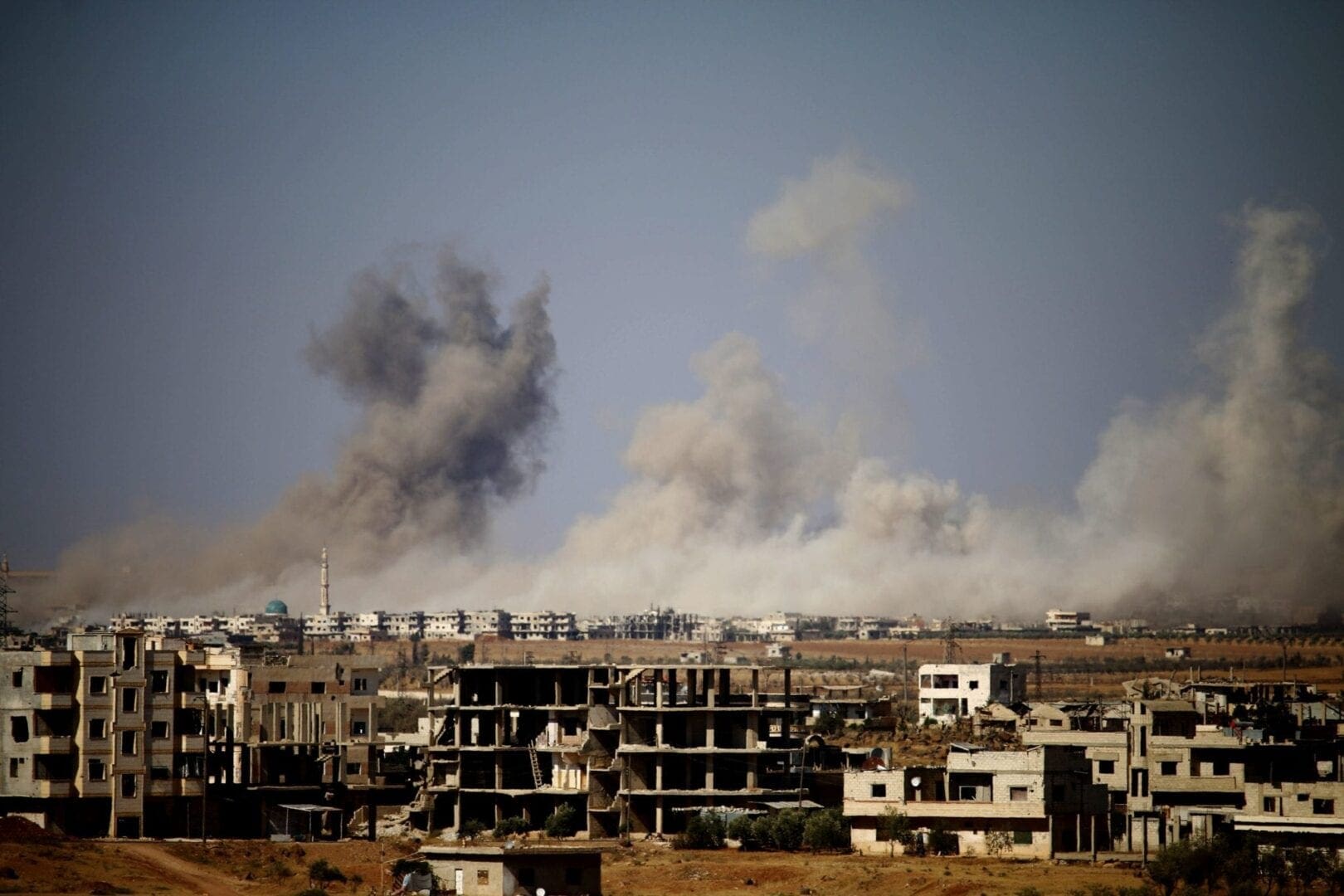“The plans for a UN investigation into attacks targeting hospitals in Idlib, and other buildings clearly identified as civilian objects by the UN, offer hope that perpetrators of war crimes and crimes against humanity can be identified and held accountable.
“Amnesty International has documented at least eight attacks targeting hospitals, a blood bank, ambulance response unit, and rescue workers in Idlib in recent months. Our research shows that the bombing of medical facilities, which is itself a war crime, has become part of a pattern by the Syrian authorities to systematically attack the civilian population which is also a crime against humanity.
“During the offensive on Idlib, the Syrian authorities have repeatedly displayed a callous disregard for the lives of civilians, flagrantly violating international humanitarian law on a regular basis.”
In his statement, the UN Secretary General announced investigation will cover destruction of, or damage to, facilities on the deconfliction list and UN-supported facilities in the area since September 2018.
UN humanitarian chief Mark Lowcock had warned the UN Security Council that the shelling in Idlib risks creating the worst humanitarian disaster of the 21st century.

